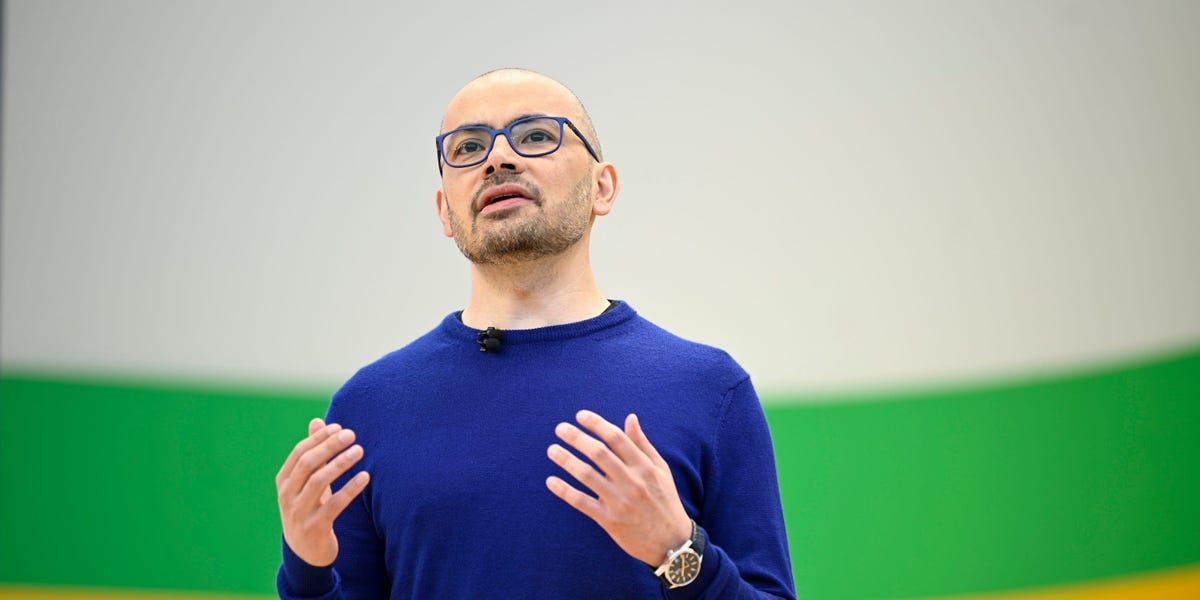Google DeepMind’s Strategy in the AI Talent Competition: Strong Noncompete Agreements

Google and the Fight for AI Talent
The competition for talented professionals in the field of artificial intelligence (AI) is heating up. Recently, Google has resorted to extreme measures to retain its workforce, offering select employees paid one-year vacations instead of allowing them to move to competing firms.
Noncompete Agreements at Google DeepMind
Employees at Google DeepMind in the UK are often bound by noncompete agreements, which prevent them from joining competing organizations for up to a year after their tenure at Google ends. These agreements have sparked concern among staff, who feel constrained in their career options due to the lengthy restrictions. Sources familiar with the situation, who requested anonymity, shared insights into how these noncompete clauses are applied within the company.
The duration of these noncompete clauses is influenced by various factors, including an employee’s role within the organization and the nature of their contributions. While many deep learning engineers and individual contributors may face six-month restrictions, senior researchers could be subjected to up to a year-long ban.
A spokesperson for Google mentioned that their employment contracts align with industry standards and emphasized the importance of noncompetes in safeguarding the company’s interests.
The Burden of Noncompete Clauses
As the AI sector rapidly expands, some employees at DeepMind feel their noncompete agreements hinder their career advancement. The tech landscape has evolved significantly in the last two years, with numerous startups and established companies alike actively seeking skilled professionals. For many, waiting six months before starting a new role feels excessively long in a fast-paced industry.
Former employees have noted that recruitment timelines within AI firms often do not allow for such extensive notice periods. One ex-DeepMind staffer remarked that the lengthy noncompetes make it arduous to secure new opportunities, especially when rivals like OpenAI and Microsoft are increasing their presence in the UK.
Legal Landscape of Noncompete Clauses
The enforceability of noncompete clauses varies across jurisdictions. In the United States, these clauses are generally unenforceable in California, where many tech giants, including Google, operate. Recent legislation has strengthened California’s restrictions, banning the enforcement of noncompetes that were agreed upon outside the state. Meanwhile, in the UK, noncompete agreements are legally recognized as long as they are justified to protect a company’s legitimate business interests.
Frustrations Among AI Professionals
Dissatisfaction surrounding noncompete agreements became public when Nando de Freitas, a vice president of AI at Microsoft and a former DeepMind director, reached out to DeepMind employees via social media. He pointed out that many employees contact him expressing distress over their notice periods and noncompetes.
In his message, de Freitas encouraged employees to speak out against restrictive contracts, labeling them an "abuse of power." He highlighted that no organization should wield such power, particularly in Europe where labor protections are often stronger.
The Expanding AI Talent Market
Historically, employees in tech enjoyed more freedom to pursue new job opportunities; however, the current climate is markedly different from previous decades. Now, many companies are introducing aggressive noncompete clauses, akin to those used in finance sectors like hedge funds, which have long been criticized for their harsh constraints on employee mobility.
The fierce competition in AI resembles a "space race," with industry insiders believing that being even a few months ahead can significantly influence a company’s success. As businesses strive to stay ahead, noncompete agreements may continue to stifle talent movement, forcing professionals to navigate complex legal landscapes while facing urgent demands from competing employers eager to capitalize on their skills.






